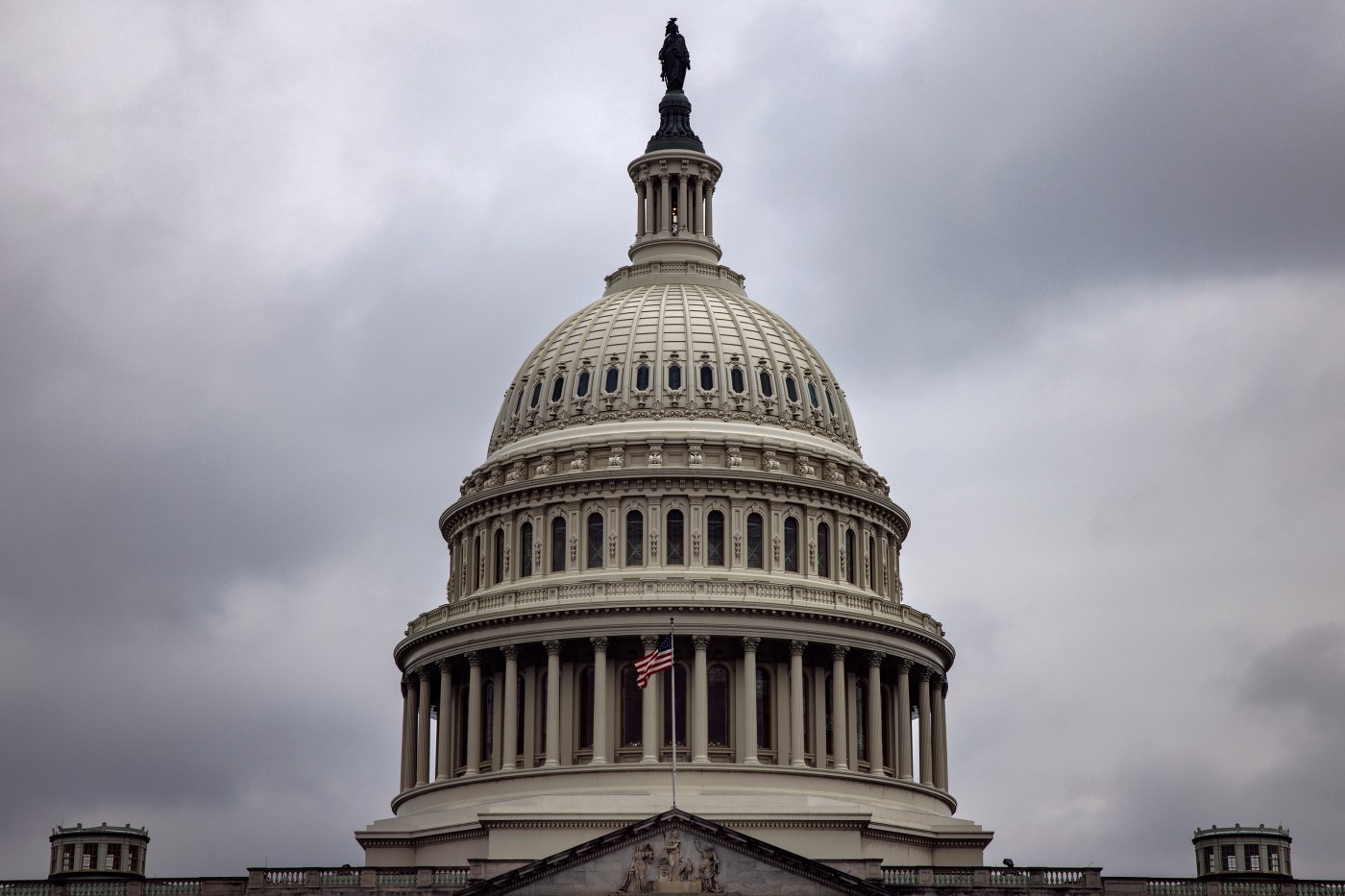
Editorial: Who does a profiteering Congress truly represent?
In the final days of his presidency, Joe Biden has endorsed a truly bipartisan cause: barring members of Congress from trading on Wall Street using privileged information. If Congress truly aims to represent the American people and not a public- and private-sector ruling class, they must bar themselves from using their positions of power to line their own pockets.
The STOCK Act, which since 2012 has prohibited this type of insider trading while mandating strict financial disclosures, is toothless and therefore flouted. Multiple measures under consideration in Congress would strengthen the feeble law. Besides being good policy in themselves, they’re also a good test of Congress’ ability to truly represent their constituents, and not just their own financial interests.
Members of Congress have privileged access to information about government policy (both their own and the executive branch’s), emerging economic and national security threats, and a variety of other matters that affect publicly traded businesses, and their stock prices. It’s like knowing what the halftime score of the Super Bowl will be before the game has started, and then placing bets based on that knowledge.
Perhaps the most egregious example of this kind of political insider trading occurred in the leadup to the 2008 financial crisis, when many members of Congress got their money to safety before everyday Americans knew what was going on. This ultimately led to the creation of the STOCK Act.
At least as awful was what happened in 2020, when top Senators ditched stocks they knew were going to crash once the COVID pandemic, on which they received secret briefings, swept the planet.
Perhaps most infamously, Paul Pelosi — husband of longtime Speaker of the House Nancy Pelosi, D-Calif. — has amassed a remarkable fortune in part through Wall Street trades. Entire social media accounts are dedicated to tracking the Pelosi portfolio, which outperforms the market to a seemingly impossible degree.
The desire to profit from public office crosses all ideological and partisan lines.
The STOCK Act was meant to crack down on this, but it has failed. It is often unenforced, and with fines of $200 for first offenses, it’s basically toothless. A Post-Gazette analysis of three years of trading data found that a third of Pennsylvania lawmakers missed the 45-day deadline for declaring stock purchases and sales.
Many measures to address flaws in current law are already working their way through Congress: the recent ETHICS Act, the Bipartisan Restoring Faith in Government Act, the Ban Conflicted Trading Act, as well as the TRUST in Congress Act — but each one has stalled in various committees or chambers.
They would do everything from banning holding stocks in individual companies to increasing the fines for missing disclosure deadlines or forcing legislators to place stocks in blind trusts. The laws also include other people with access to lawmaker’s privileged information from benefiting from insider trading, including top staffers, spouses and other close family members.
The ways in which members of Congress can creatively, and pointedly, limit misconduct regarding stocks and trading are myriad. The fact that all of these efforts have stalled, despite broad public support, is damning.
Pittsburgh Post-Gazette/Tribune News Service
Editorial cartoon by Al Goodwin (Creators Syndicate)


